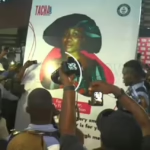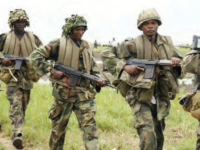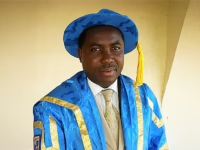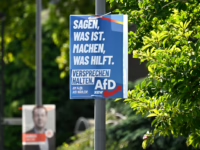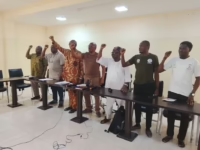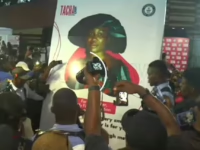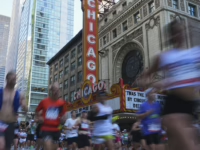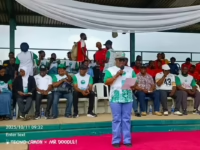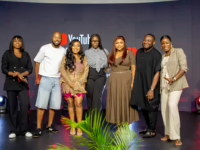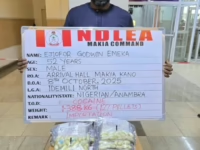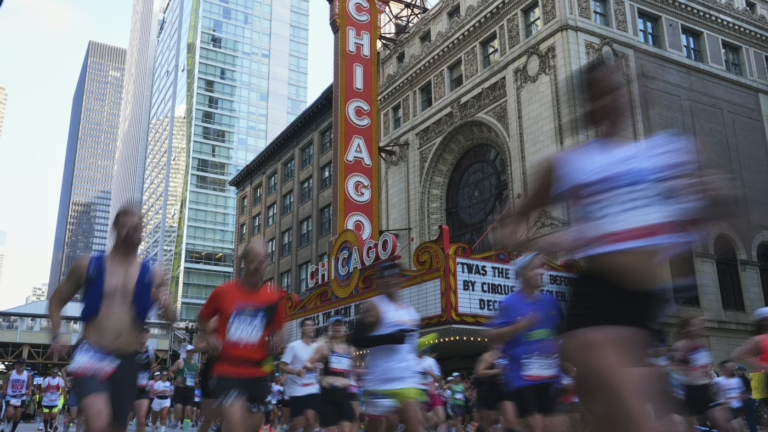Participants run in the Chicago Marathon held on Sunday.
Nam Y. Huh/AP
hide caption
toggle caption
Nam Y. Huh/AP
Following another judicial setback that halted the federal government’s plan to deploy the National Guard in the Chicago region, Vice President JD Vance declared that the Trump administration intends to “pursue all legal avenues” to advance their efforts.
This statement came shortly after the U.S. Court of Appeals for the Seventh Circuit in Illinois ruled that while the administration may retain federalized National Guard troops within Illinois, their active deployment remains prohibited for the time being.
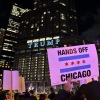
Speaking on ABC’s This Week program, Vance emphasized, “We will exhaust every legal option available. We believe we have the authority to ensure the safety of citizens nationwide, especially in Chicago.”
The appellate court’s decision on Saturday marks the latest chapter in the administration’s broader initiative to station National Guard forces in several Democratic-led cities, including Chicago and Portland, Oregon.
Officials from the Trump administration argue that federal forces are essential to curb rising crime rates and safeguard federal personnel. Conversely, city leaders and local officials contend that such deployments are unnecessary and accuse the federal government of exceeding its jurisdiction.
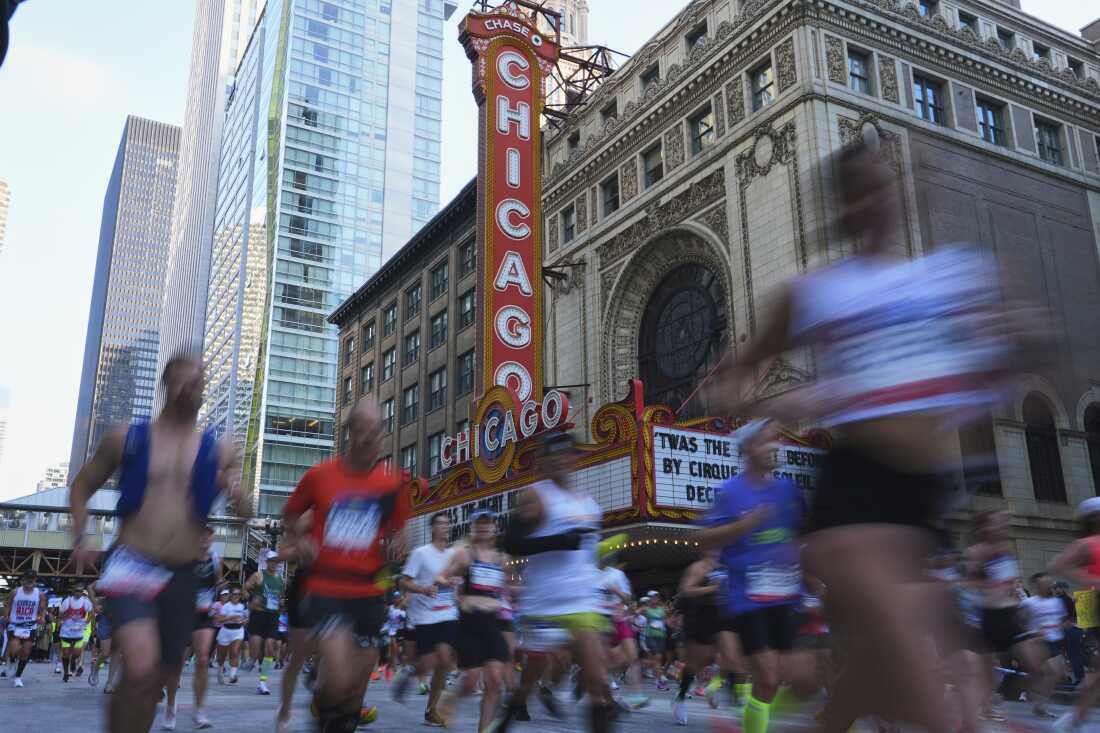
Illinois Governor JB Pritzker, a Democrat who has openly opposed the federal deployment, credited the courts for preventing National Guard troops from patrolling Chicago streets. “We must trust the judiciary to uphold justice,” he remarked on ABC’s This Week.
Currently, approximately 500 National Guard personnel from Texas and Illinois are stationed at a U.S. Army Reserve Center in Elwood, Illinois, with a smaller contingent assigned to an ICE facility in Broadview, according to reports from the Associated Press.
This legal tug-of-war unfolds as Chicago prepares to host the Bank of America Chicago Marathon, an event expected to attract over 53,000 runners and nearly 1.7 million spectators along the city’s streets.
Concerns had arisen about whether the marathon would be impacted by the Trump administration’s intensified immigration enforcement campaign in the Chicago area, dubbed “Operation Midway Blitz.”
However, ICE clarified to the Chicago Sun-Times that it “does not conduct enforcement actions at sensitive venues such as public events unless urgent circumstances arise.” The Chicago Park District also refuted social media rumors, stating it had no information about ICE presence at the marathon.
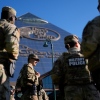
Enrique Rivera, leader of the largely Latino running group Venados, shared with WBEZ that his concerns lie more with the safety of runners during their training sessions than the race day itself.
“My worry is about small groups of individuals who might target runners during their preparation, where incidents could go unnoticed for days,” Rivera explained.
Alongside Portland, Chicago has become a focal point in the Trump administration’s nationwide immigration enforcement efforts in recent weeks.
On Thursday, U.S. District Judge April Perry of the Northern District of Illinois issued a temporary injunction preventing the federal government from federalizing and deploying National Guard troops in Illinois. Judge Perry criticized the administration’s portrayal of recent Chicago protests as “unreliable,” imposing a 14-day stay that was partially reversed by the appeals court two days later.
Despite the legal battles, confrontations between demonstrators and federal agents persist in the Chicago area. On Friday, WGN reporter Debbie Brockman was briefly detained by law enforcement but later released. A Department of Homeland Security spokesperson alleged Brockman had thrown objects at a Border Patrol vehicle; however, no charges have been filed, according to the Guardian.


